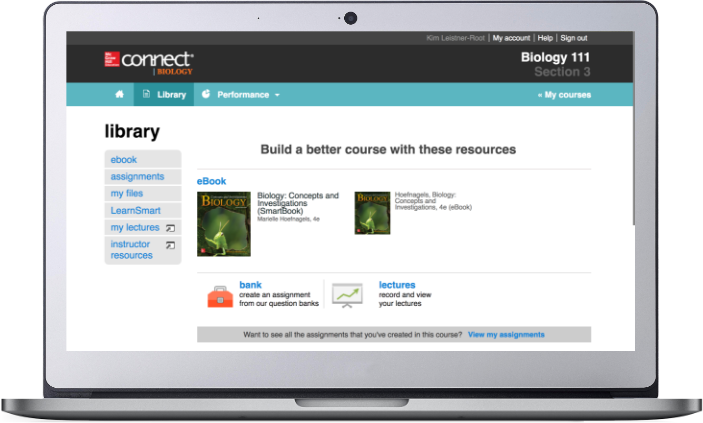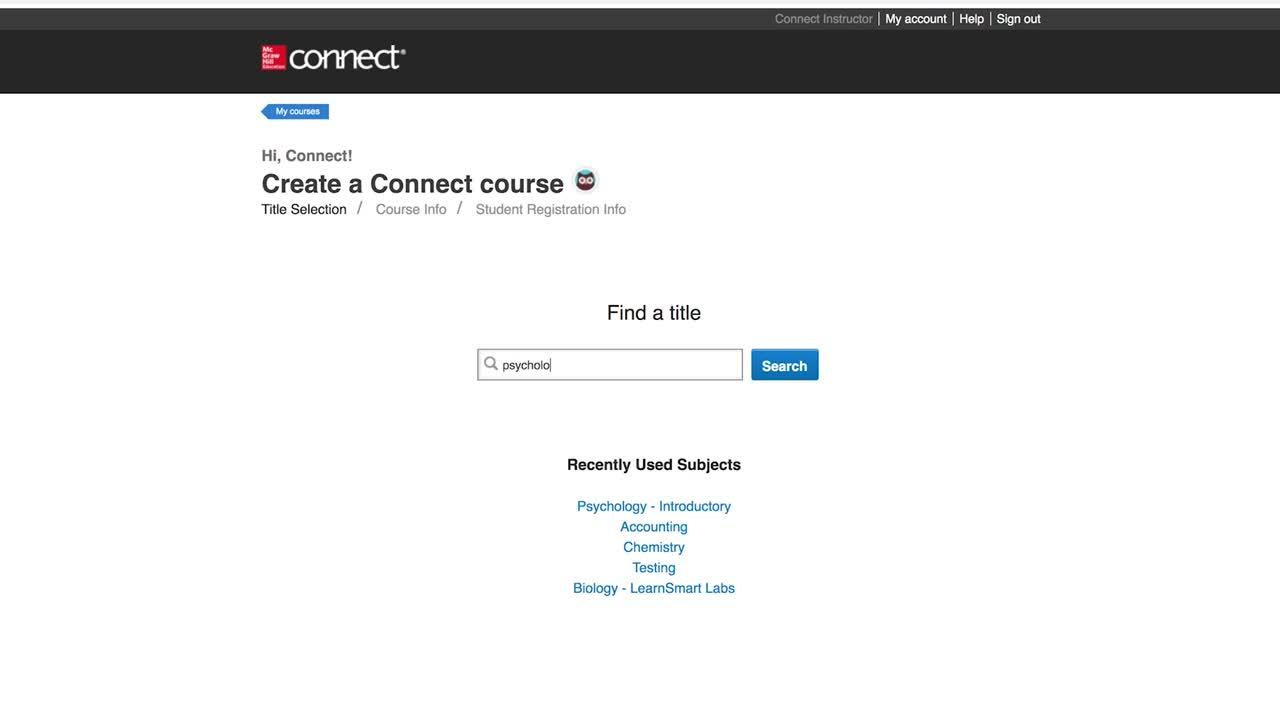Biology 11 Edition Raven Pdf Chapter 35 Lab Assignments
Part I The Molecular Basis of Life
1 The Science of Biology
2 The Nature of Molecules and the Properties of Water
3 The Chemical Building Blocks of Life
Part II Biology of the Cell
4 Cell Structure
5 Membranes
6 Energy and Metabolism
7 How Cells Harvest Energy
8 Photosynthesis
9 Cell Communication
10 How Cells Divide
Part III Genetic and Molecular Biology
11 Sexual Reproduction and Meiosis
12 Patterns of Inheritance
13 Chromosomes, Mapping and the Meiosis—Inheritance Connection
14 DNA: The Genetic Material
15 Genes and How They Work
16 Control of Gene Expression
17 Biotechnology
18 Genomics
19 Cellular Mechanisms of Development
Part IV Evolution
20 Genes Within Populations
21 The Evidence for Evolution
22 The Origin of Species
23 Systematics, Phylogenetics, and Comparative Biology
24 Genome Evolution
Part V Diversity of Life on Earth
25 Origin and Diversity of Life
26 Viruses
27 Prokaryotes
28 Protists
29 Seedless Plants
30 Seed Plants
31 Fungi
32 Animal Diversity & the Evolution of Body Plans
33 Protostomes
34 Deuterostomes
Part VI Plant Form and Function
35 Plant Form
36 Transport in Plants
37 Plant Nutrition and Soils
38 Plant Defense Responses
39 Sensory Systems in Plants
40 Plant Reproduction
Part VII Animal Form and Function
41 The Animal Body and Principles of Regulation
42 The Nervous System
43 Sensory Systems
44 The Endocrine System
45 The Musculoskeletal System
46 The Digestive System
47 The Respiratory System
48 The Circulatory System
49 Osmotic Regulation and the Urinary System
50 The Immune System
51 The Reproductive Systems
52 Animal Development
Part VIII Ecology and Behavior
53 Behavioral Biology
54 Ecology of Individuals and Populations
55 Community Ecology
56 Dynamics of Ecosystems
57 The Biosphere and Human Impacts
58 Conservation Biology


By prompting students to engage with key concepts, while continually adapting to their individual needs, Connect activates learning and empowers students to take control resulting in better grades and increased retention rates. Proven online content integrates seamlessly with our adaptive technology, and helps build student confidence outside of the classroom.
Learn more
Equip students with adaptive, mobile study resources. They'll be better prepared in less time. They'll thank you.
Learn more
How to Access Instructor Tools for your Course

Your text has great instructor tools – like presentation slides, instructor manuals, test banks and more. Follow the steps below to access your instructor resources or watch the step-by-step video.
- To get started, you'll need to visit connect.mheducation.com to sign in. (If you do not have an account, you'll need to request one from your MH rep. To find your rep – visit the Find Your Rep page).
- Then, under "Find a Title," you'll search by title, author or subject.
- Select your desired title and create a course. (Note – you do not have to create assignments, just a course instance)
- Then go to your Connect course homepage.
- In the top navigation, select library to access the instructor resources that accompany the title.
Accessibility Rubric
Creating accessible products is a priority for McGraw-Hill. We have put in place processes to make accessibility and meeting the WCAG AA guidelines part of our day-to-day development efforts and product roadmaps.
Please review our accessibility information for this specific product.
In future editions, this rubric will be reformatted to increase accessibility and usability.
McGraw-Hill sites may contain links to websites owned and operated by third parties. These links are provided as supplementary materials, and for learners' information and convenience only. McGraw-Hill has no control over and is not responsible for the content or accessibility of any linked website.
For further information on McGraw‐Hill and Accessibility, please visit our accessibility page or contact us at accessibility@mheducation.com
Biology 11 Edition Raven Pdf Chapter 35 Lab Assignments
Source: https://www.mheducation.com/highered/product/biology-raven-johnson/M9781260169614.html